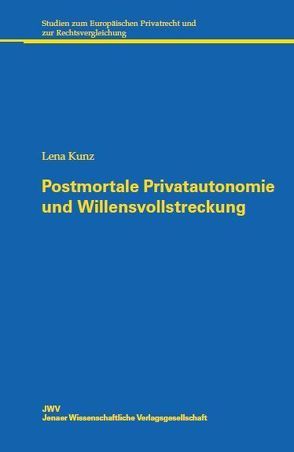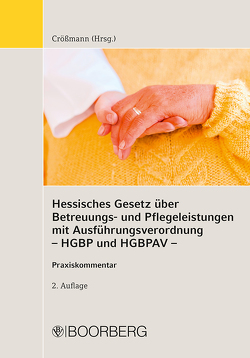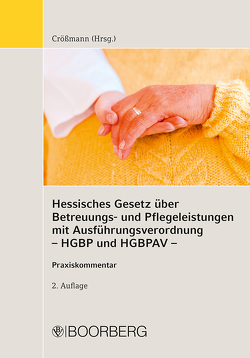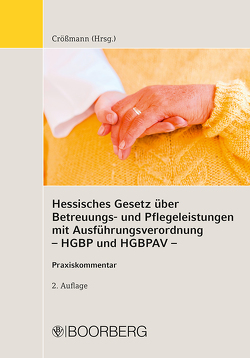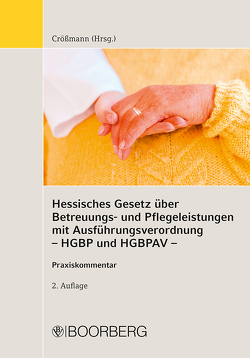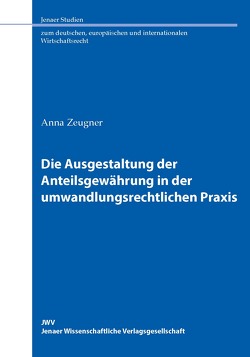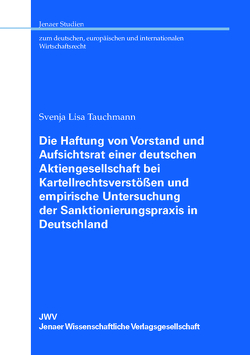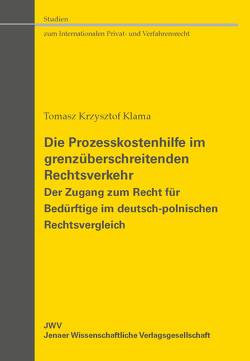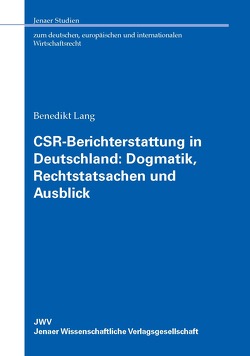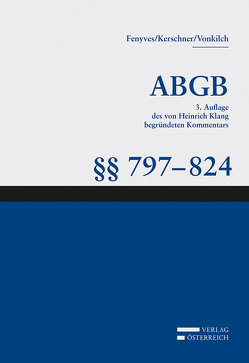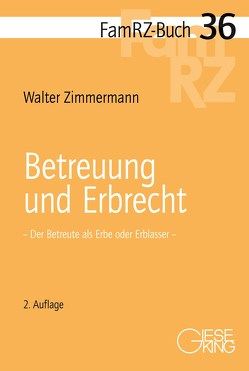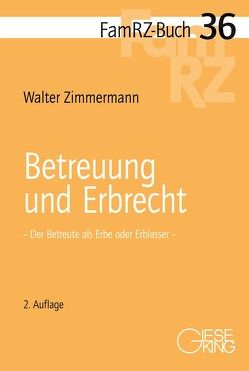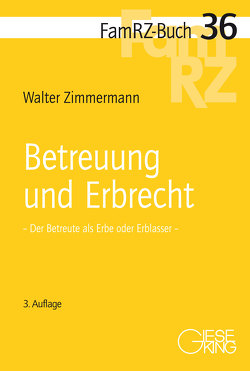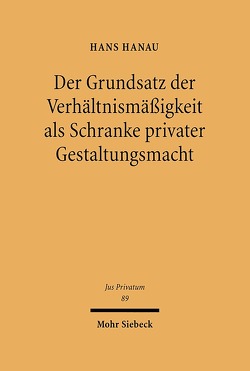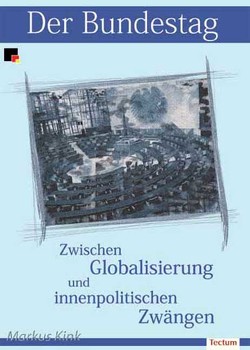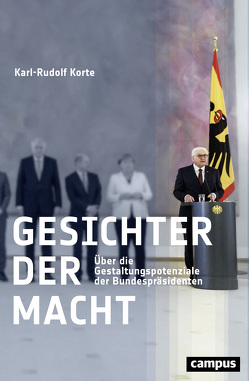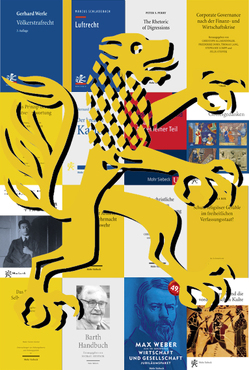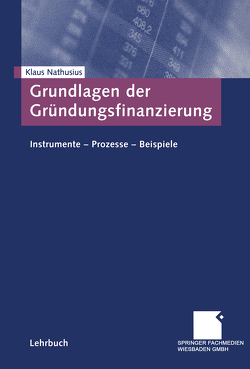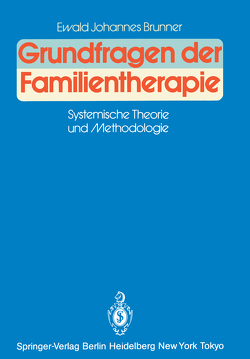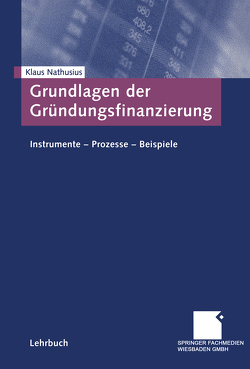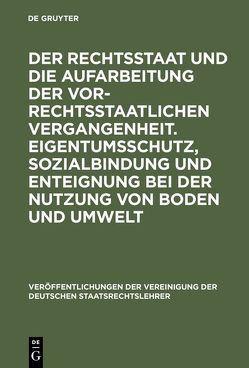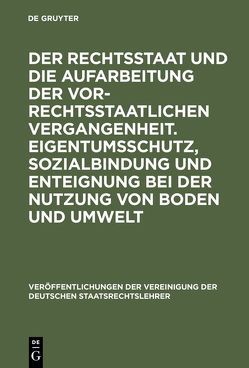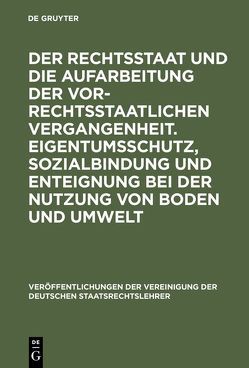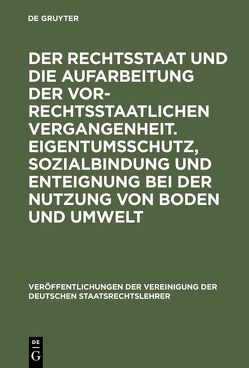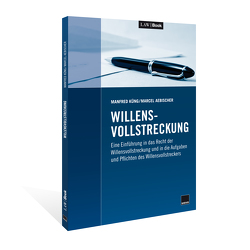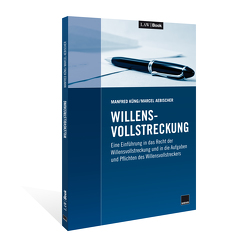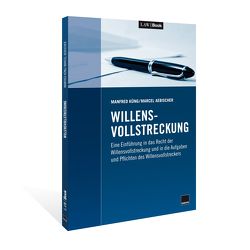Postmortale Privatautonomie und Willensvollstreckung
Von der kanonischen voluntas pia zur Gestaltungsmacht des Erblassers im deutsch-spanischen Rechtsvergleich
Lena Kunz
Die Willensvollstreckung bietet Gewähr, dass unsere letzten Entscheidungen nach unserem Ableben umgesetzt werden. Vor allem im deutschen Recht kann der Erblasser mit Hilfe des Willensvollstreckers die Zeit nach seinem Tod besonders nachhaltig gestalten und seine lebzeitige Privatautonomie auf diese Weise über den Tod hinaus erweitern. Eine solche Einflussnahme post mortem ist aber keineswegs eine zeitlose Selbstverständlichkeit. Dies unterstreicht bereits die Rechtsvielfalt in den geltenden europäischen Erbrechten.
Die Arbeit geht dem im deutsch-spanischen Rechtsvergleich nach und analysiert, wie weit die Verfügungsbeschränkung der Erben in den beiden Rechtsordnungen reicht, wenn der Erblasser einen Willensvollstrecker ernannt hat. Der Befund des Rechtsvergleichs führt schließlich zur zentralen Frage, warum ein Erblasser überhaupt auf sein Vermögen und damit mittelbar auf seine Erben Einfluss nehmen darf, wenn er verstorben ist. Die Arbeit zeigt, dass, anders als häufig angenommen, nicht das Eigentum die postmortale Gestaltungsmacht des Erblassers rechtfertigt. Entscheidend ist vielmehr, dass die Nachwelt auf die Verstorbenen in besonderem Maße Rücksicht nimmt und deshalb dem letzten Willen die Kraft verleiht, über den Tod hinaus zu wirken. Mit der Willensvollstreckung sichern Rechtsordnungen dies zusätzlich ab. Dass diese Rücksichtnahme nicht immer die gleiche Quelle hat, verdeutlicht der Rechtsvergleich mit dem kanonischen Recht des 13. Jahrhunderts. Während die Nachwelt heute den (säkularisierten) Wille des Einzelnen schützen will, stand zu jener Zeit die voluntas pia im Mittelpunkt. Schützenswert waren vor allem diejenigen letzten Entscheidungen, die fromm waren und deshalb auch der Nachwelt dienten. Die Arbeit will mit ihrem vertikal-horizontalen Rechtsvergleich einen Beitrag zur europäischen Diskussion um die Willensvollstreckung leisten.
Aus dem Inhalt: Problemstellung und Methode (1. Teil). Die Willensvollstreckung als Untersuchungsgegenstand (2. Teil). Die geltendrechtlichen Grundlagen der Willensvollstreckung im spanischen und deutschen Recht (3. Teil). Rechtstraditionelle Grundlagen der Willensvollstreckung (4. Teil). Die postmortale Privatautonomie des Erblassers (5. Teil). Zusammenfassung und Schlussbetrachtung (6. Teil).
Spanische Fassung
La ejecución de la última voluntad asegura que nuestras últimas decisiones se realizan después de nuestra muerte. El derecho alemán permite al testador controlar el futuro de su caudal, e indirectamente el de sus herederos, nombrando un ejecutor testamentario. De esa manera, el testador puede ampliar la autonomía de la voluntad que tiene durante su vida más allá de su muerte. Sin embargo, tal influencia post mortem no es evidente, ni en los derechos sucesorios vigentes en la Unión Europea, ni tampoco desde una perspectiva histórica.
La tesis doctoral explora esta diversidad jurídica y cultural comparando el derecho español con el derecho alemán. El análisis comparativo se centra, sobre todo, en las prohibiciones de disponer y enajenar en los dos ordenamientos jurídicos, poniendo el centro de atención, en relación al derecho español, en el régimen dispuesto en el Código civil, prescindiendo, en consecuencia, y por razones de espacio, de los derechos forales y especiales. En este sentido, el objeto principal de la obra consiste en determinar por qué razón el testador goza de tanto poder después de su muerte nombrando un ejecutor testamentario. La autora defiende, en contra de lo que se mantiene a menudo en la actualidad, que no es la propiedad lo que justifica el poder post mortem del testador, sino el respeto y la consideración de la posterioridad hacia los muertos, porque todo ser humano comparte el mismo destino ineludible, la muerte. La comparación histórica, en particular con el derecho canónico del siglo XIII, muestra que el respeto y la consideración no provienen de la misma fuente. Mientras hoy en día la posteridad aspira a proteger la voluntad (secularizada) del individuo, en el siglo XIII era la voluntas pia la que tenía influencia en este terreno jurídico. De hecho, a diferencia de la voluntad individualizada, la voluntas pia no sólo se centra en la finalidad pía de la última voluntad, sino también en la utilidad que tiene para la comunidad.
Del contenido (idioma de la obra: alemán): Problemstellung und Methode (1. Teil). Die Willensvollstreckung als Untersuchungsgegenstand (2. Teil). Die geltendrechtlichen Grundlagen der Willensvollstreckung im spanischen und deutschen Recht (3. Teil). Rechtstraditionelle Grundlagen der Willensvollstreckung (4. Teil). Die postmortale Privatautonomie des Erblassers (5. Teil). Zusammenfassung und Schlussbetrachtung
(6. Teil).
Englische Fassung
Most civil law countries are neither familiar with personal representatives or trustees nor with probate. Instead, the testator’s heirs own, administer, and distribute the estate by default and usually without any judicial interference. Only if the testator appoints a personal representative in her will, the estate is administered and distributed by a person other than an heir. In many civil law systems these administrators are called “executors of wills.” To guarantee that the executors can implement the testator’s will, the heirs usually are not unrestrictedly free to dispose of the estate although they still have title in it. Particularly German succession law enables testators to appoint powerful personal representatives, which allows testators to expand their lifelong private autonomy (Privatautonomie) beyond death. This is not just about the sociologically or historically connoted dead hand control, as it is discussed in US-American legal scholarship. In fact, it is about a doctrinal move at a macro level which requires further explanation within presumably self-contained legal systems like codified private laws in continental law. In particular, the approach seeks to debunk the systematically unclear property/succession interface in continental legal systems and it grapples with the nature of estate administration and distribution in European law.
Continental European succession laws vary greatly as to the executor’s powers and consequently regarding to the scope of postmortal private autonomy that legal systems bestow on testators. The author explores this legal diversity by comparing current Spanish and German law and by eventually raising the question why a testator should be entitled to expand her lifelong private autonomy beyond her death. Most importantly, it is an expansion which is most often detrimental to the heirs. The author argues that, contrary to the widespread belief, the testator’s ownership (Eigentum) while still alive does not justify the enormous postmortal power granted to the testator in many continental legal systems. She suggests instead that the posterity’s mindfulness and respect for the death allow testators to have an ongoing impact on their estates although they have passed away. The author further argues that this mindfulness is not predicated on a timeless notion of a human being’s relationship with the community she lives in. A vertical comparison with the canon law in the thirteenth century shows that the voluntas pia was once the linchpin of postmortal influence, while nowadays the (secularized) intentions of individualized decision-makers justify the power post mortem.
From the contents (language of publication: German): Problemstellung und Methode
(1. Teil). Die Willensvollstreckung als Untersuchungsgegenstand (2. Teil). Die geltendrechtlichen Grundlagen der Willensvollstreckung im spanischen und deutschen Recht (3. Teil). Rechtstraditionelle Grundlagen der Willensvollstreckung (4. Teil). Die postmortale Privatautonomie des Erblassers (5. Teil). Zusammenfassung und Schlussbetrachtung (6. Teil).
